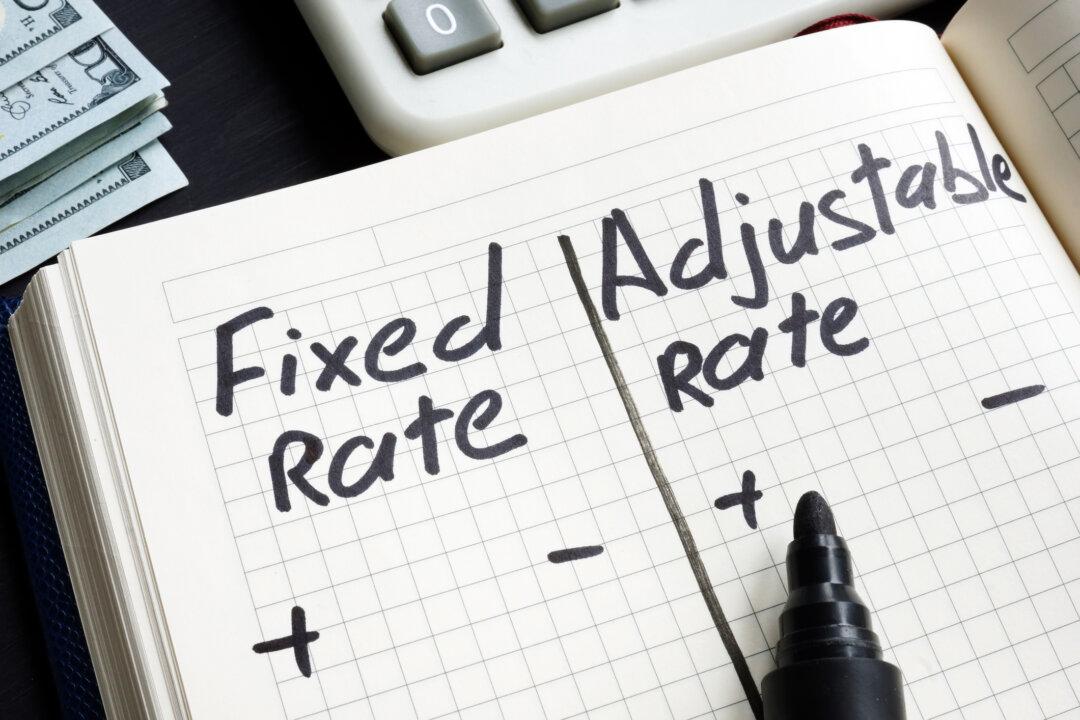By Ella Vincent
From Kiplinger’s Personal Finance
Baby boomers have accumulated significant wealth, in terms of both their home equity and their retirement savings. But their children may be disappointed in the size of their inheritance—if they even get one.






